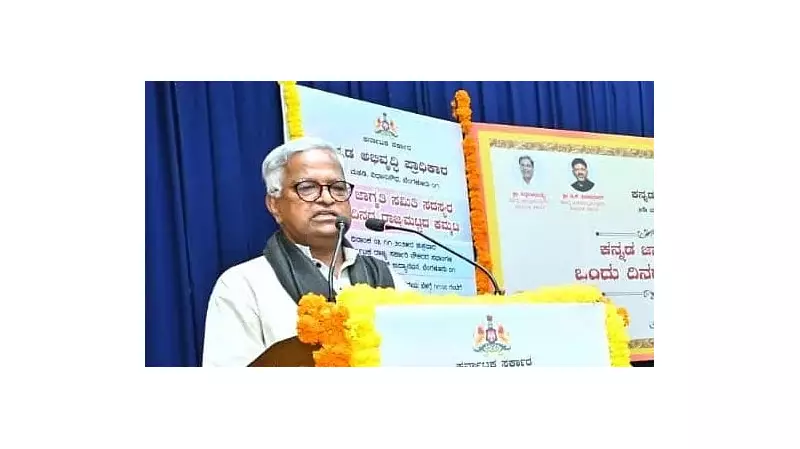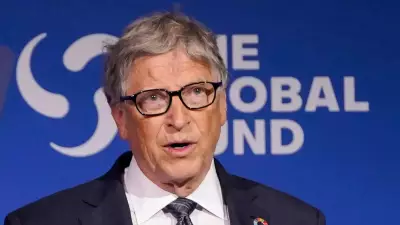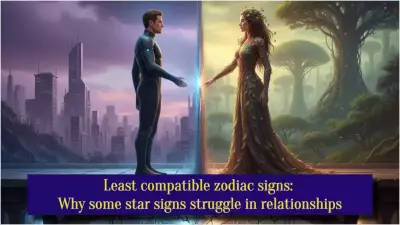
India's profound sense of national unity finds its deepest roots not just in political frameworks, but in the harmonious blend of its diverse folklore and indigenous cultures, a prominent academic has stated.
The Bedrock of National Identity
This perspective was emphasized by Bilimale, the Chair of the KDA (Karnataka Development Authority), who highlighted how the country's rich tapestry of local stories and traditions forms the bedrock of its collective identity. He articulated that the seamless integration of these varied cultural streams has historically fostered a unique sense of togetherness among India's population.
Historical Ties and Modern Challenges with China
Expanding on the theme of cultural connections, Bilimale pointed to the historical relationship between India and China. He noted that Buddhism from India had a powerful and effective appeal in China, creating a strong civilizational link centuries ago.
In the contemporary context, he observed that the era of globalization presented all the necessary opportunities for these two Asian giants to build a relationship of deep interdependence. However, he lamented that this potential is being hampered by uncontrolled conflicts, preventing the realization of a more collaborative future. The remarks were officially documented and published on 11 November 2025.
The Path Forward
The insights from the KDA chair underscore the importance of looking inward to cultural strengths for national cohesion. Simultaneously, they point to the complex geopolitical landscape where historical amity is sometimes overshadowed by contemporary disputes. Understanding these cultural underpinnings is crucial for navigating India's future both domestically and on the world stage.






